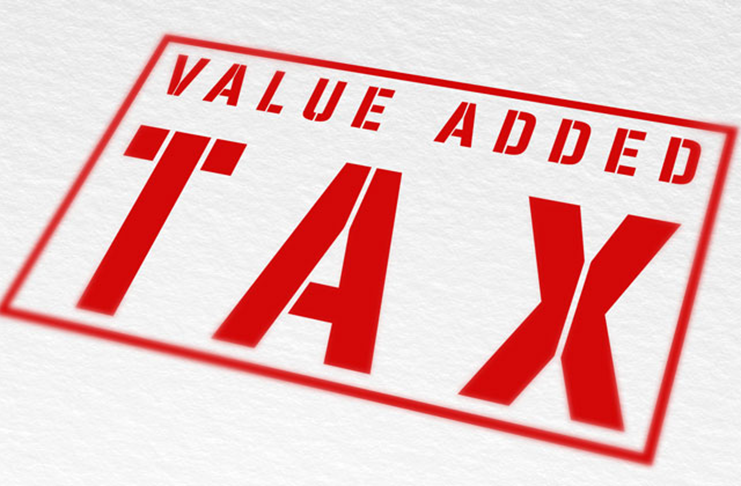New VAT law to hit consumers: CAB

The prices of a number of commodities will increase, hurting consumers as the VAT network is set to widen after the new law takes effect on July 1, a consumer rights group said yesterday.
The budget for 2019-20 has proposed three value-added tax rates along with the existing 15 percent rate.
As a result, consumers may be compelled to count extra, the Consumers Association of Bangladesh (CAB) said, giving example of imposition of VAT on edible oil, a key cooking ingredient.
“We hope that steps will be taken so that consumers do not have to pay additional prices. All daily essentials should be kept out of the VAT net after discussion in the parliament,” said CAB President Ghulam Rahman.
He spoke at a press briefing at the Dhaka Reporters’ Unity. The CAB organised the conference to share its observations on the finance minister’s proposed fiscal measures for 2019-20.
The CAB said tax burden would increase on people belonging to the lower income group as the government seeks to keep the tax-free income limit unchanged for another year. The government should increase the threshold considering inflation.
“The tax-free income limit should go up to give relief to the people in the lower income group,” he said.
On VAT, the CAB said the prospect of increased collection of VAT will depend on the automation of the VAT system and the use of electronic fiscal device and sales data controller by businesses.
“Consumers bear the burden of VAT and businessmen deposit VAT to the state coffer by collecting them from consumers,” the CAB said, demanding strong vigilance so that the indirect tax reaches the exchequer properly.
The consumer rights organisation suggested reducing tariff protection to industries.
Citing a finding of a study of the Policy Research Institute of Bangladesh, a private think-tank, the CAB said because of the tariff protection, consumers had to pay an additional $14.22 billion to buy goods in fiscal 2017-18.
“Time has come to fix the protection period and gradually reduce the import duty to ease consumers’ burden,” Rahman said.
The CAB also opposed interest rate cuts on savings certificate and the move to increase the withholding tax on the savings instrument.
Many see the savings certificates as a tool of government to fund budget, but savings certificates provide income for retired persons and the middle-income people, Rahman said.
“So, this should not be taxed,” he said, adding that the government should consider other measures to discourage the rich to buy savings certificates, instead of imposing tax on the tools.
He said some analysts think if the rates of savings certificates reduce, the banking sector will get deposit, but lowering the interest rate on savings certificates will not solve the problem.
“Mismanagement and inefficiency and prevalence of high default loans are the reasons behind the banking sector’s crisis,” said the CAB, demanding that the government become strict against the loan defaulters to protect depositors’ money.
On the scope of whitening of black money, Rahman, also a former chairman of the Anti-Corruption Commission, said the whitening of the illegally-earned undisclosed money is unacceptable.
The CAB lauded the proposal to increase the allocation for the social safety net programme. It recommended introduction of contract farming for rice production to protect farmers from losses.
“Farmers did not get fair price of paddy this year. And if it continues, it may affect the food security of the country,” Rahman said.
The CAB demanded formation of a Consumers Affairs Ministry to keep the prices of some commodities stable and protect the interest of consumers. Such ministry has been formed in India, Rahman added.
Humayun Kabir Bhuiyan, general secretary of the CAB, and Prof M Shamsul Alam, energy adviser, also spoke at the event.
